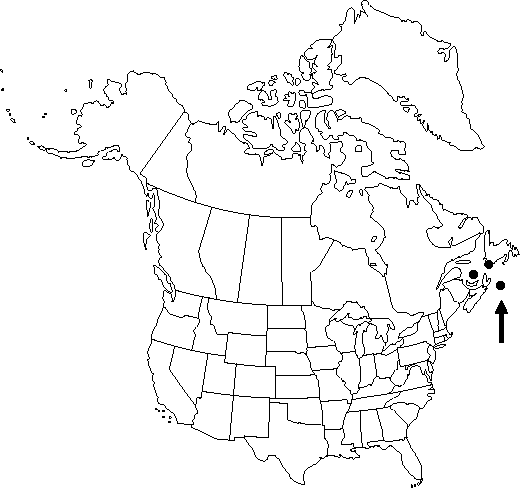Difference between revisions of "Juniperus communis var. megistocarpa"
Proc. Boston Soc. Nat. Hist. 36: 58. 1921.
Treatment appears in FNA Volume 2.
FNA>Volume Importer |
FNA>Volume Importer |
||
| Line 46: | Line 46: | ||
|publication year=1921 | |publication year=1921 | ||
|special status= | |special status= | ||
| − | |source xml=https://jpend@bitbucket.org/aafc-mbb/fna-data-curation.git/src/ | + | |source xml=https://jpend@bitbucket.org/aafc-mbb/fna-data-curation.git/src/8f726806613d60c220dc4493de13607dd3150896/coarse_grained_fna_xml/V2/V2_614.xml |
|genus=Juniperus | |genus=Juniperus | ||
|section=Juniperus sect. Juniperus | |section=Juniperus sect. Juniperus | ||
Revision as of 15:49, 18 September 2019
Shrubs prostrate. Leaves upturned, lanceolate, apex acute and mucronate, to 12 × 1.6 mm, glaucous stomatal band about 1.5 times width of each green marginal band. Seed cones 9–13 mm, longer than leaves.
Habitat: Sand dunes, serpentine, and limestone barrens
Elevation: 0–500 m
Distribution

Nfld., N.S., Que.
Discussion
In Nova Scotia this variety is known from Sable Island. Magdalen Island, Quebec, is the type locality.
Although this taxon appears to be distinct, it might be more appropriately treated at the rank of forma.
Selected References
None.
Lower Taxa
None.